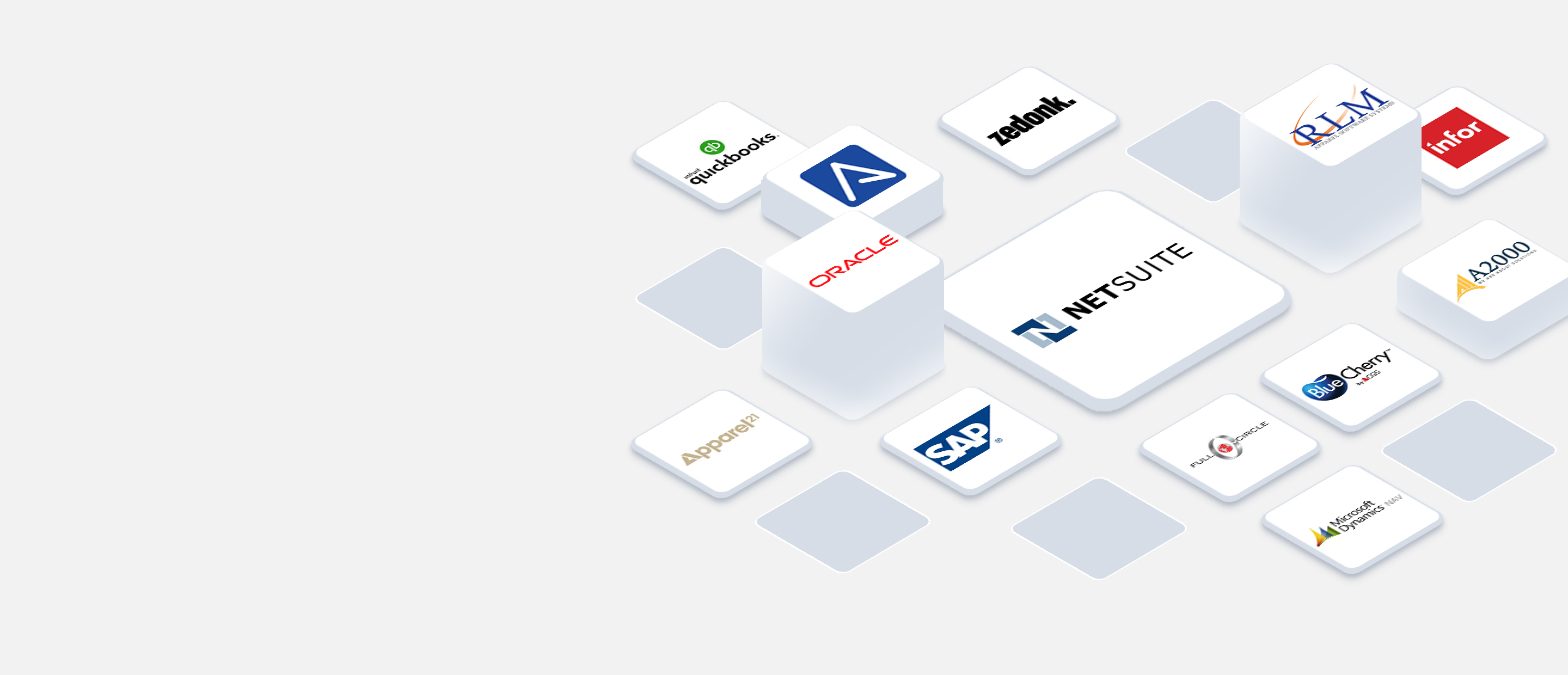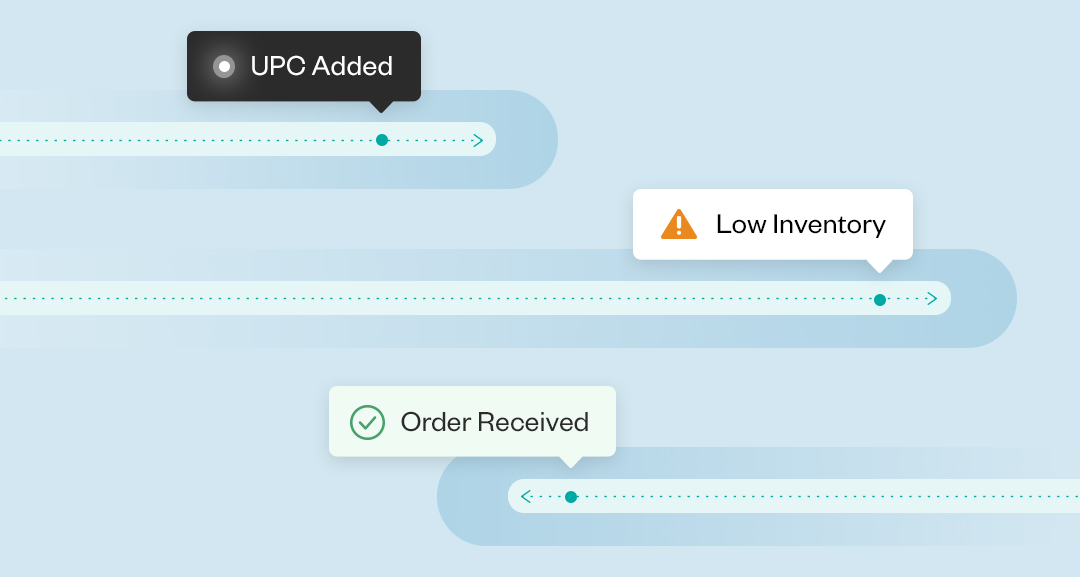The benefits of an integrated B2B platform
ERP integrations are essential to the underpinning of an end-to-end platform. Learn more about them in this post with NuORDER.

In this day and age, being technologically integrated is table stakes for running a profitable and efficient wholesale business. With proper integration, the flow of information between your Enterprise Resource Planning (ERP) software and B2B platform is automated to minimize errors and maximize orders. Keep reading below to learn the key benefits of an integrated B2B platform.
What is an integrated B2B platform?
Every brand has a different database to store its products and/or supply chain, this data is commonly stored on an ERP. Your B2B platform is the buyer-facing interface that pulls data from your ERP to capture intent, orders, and payment.
To be truly integrated, this flow of information needs to be automated and bidirectional. This means that changes made inside your ERP automatically update inside your B2B platform and captured orders get sent back to your ERP for fulfillment.
Achieving B2B at the Speed of B2C
Traditional methods for carrying out B2B wholesale transactions involved manually inputting, updating, and editing products, orders, and customer information.
The larger your buyer list, the greater the chances are for running into costly errors from manually entered information, for example:
- Inaccurate inventory availability
- Inaccurate buyer information
- Delays in updating order status
However, today's B2B platforms enable brands and buyers to move as fast as the consumer by automating the integration of important data, such as:
- Product information
- Live inventory status
- Pricing information
- Customer information
- Order status and changes
- Shipping updates
When all this data is integrated bidirectionally, it greatly expedites the wholesale process for everyone involved. Read on to learn more about bidirectional order integration.
Bidirectional Order Integration

When your ERP and B2B platforms are bidirectional, the latest order, inventory, and customer data are exchanged seamlessly.
When an order is placed in your B2B platform, bidirectional order integration automatically syncs it back to your ERP. When they want to figure out their order status, they don't need to call support, instead, they can check it online with the confidence that it's information integrated straight from your ERP.
Bidirectional integration allows you to be flexible with the inevitable changes that occur with produced styles. If a style is dropped, it can easily be amended across all purchases and notify buyers in platform, without the hassle of updating orders manually and individually contacting every buyer. This is a huge time saver.
With orders automatically imported to your ERP and updates seamlessly synced back to your B2B platform, you can prevent errors, improve customer satisfaction, and achieve the greatest amount of orders possible.
Selecting An Integration Partner
When looking for an Integrated B2B platform, there are a few key things to look for:
To summarize, the most significant benefits of an integrated B2B platform are: achieving B2B at the speed of B2C, bidirectional order integration, and maximizing your order volume.
To date, over 600 brands with more than 120 different ERP systems have been integrated with NuORDER. With true bidirectional order integration and a specialized integrations team, you can get your B2B wholesale business moving at the speed of B2C in no time. Click here to learn how an integrated B2B can personally benefit your brand today.
Related articles
Get on the list
Wholesale tips and industry news you can’t miss, delivered weekly
